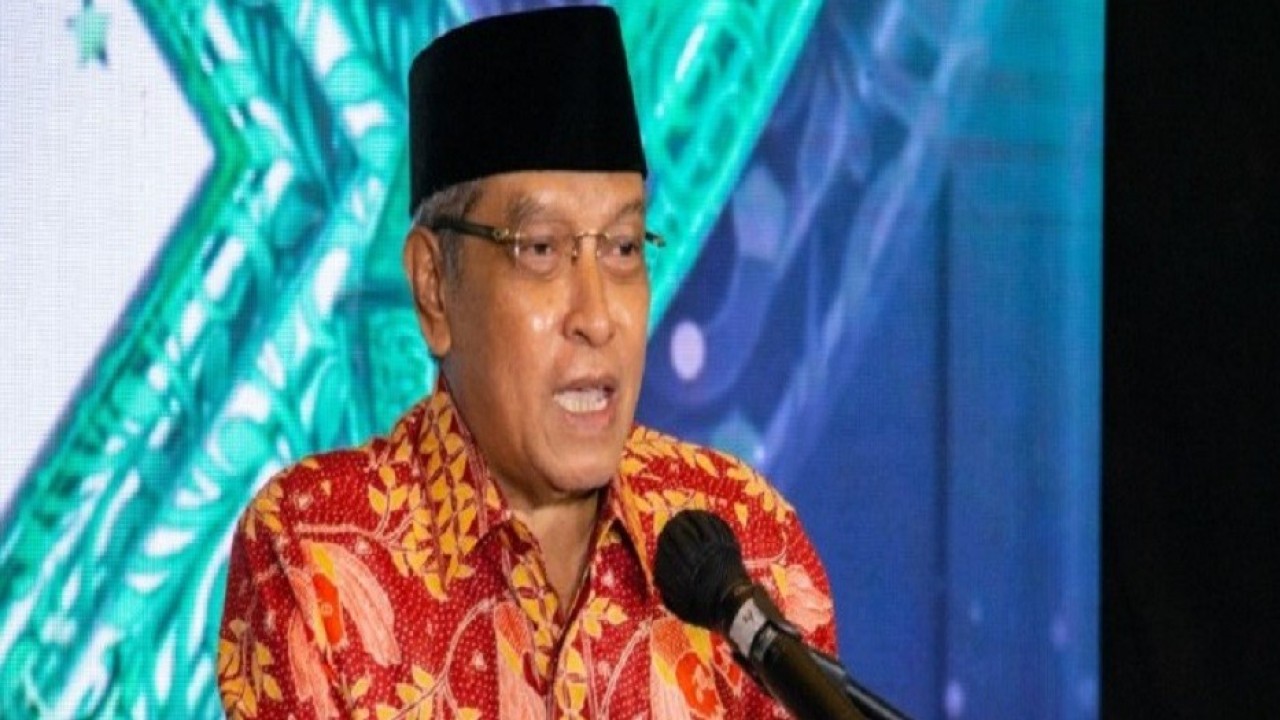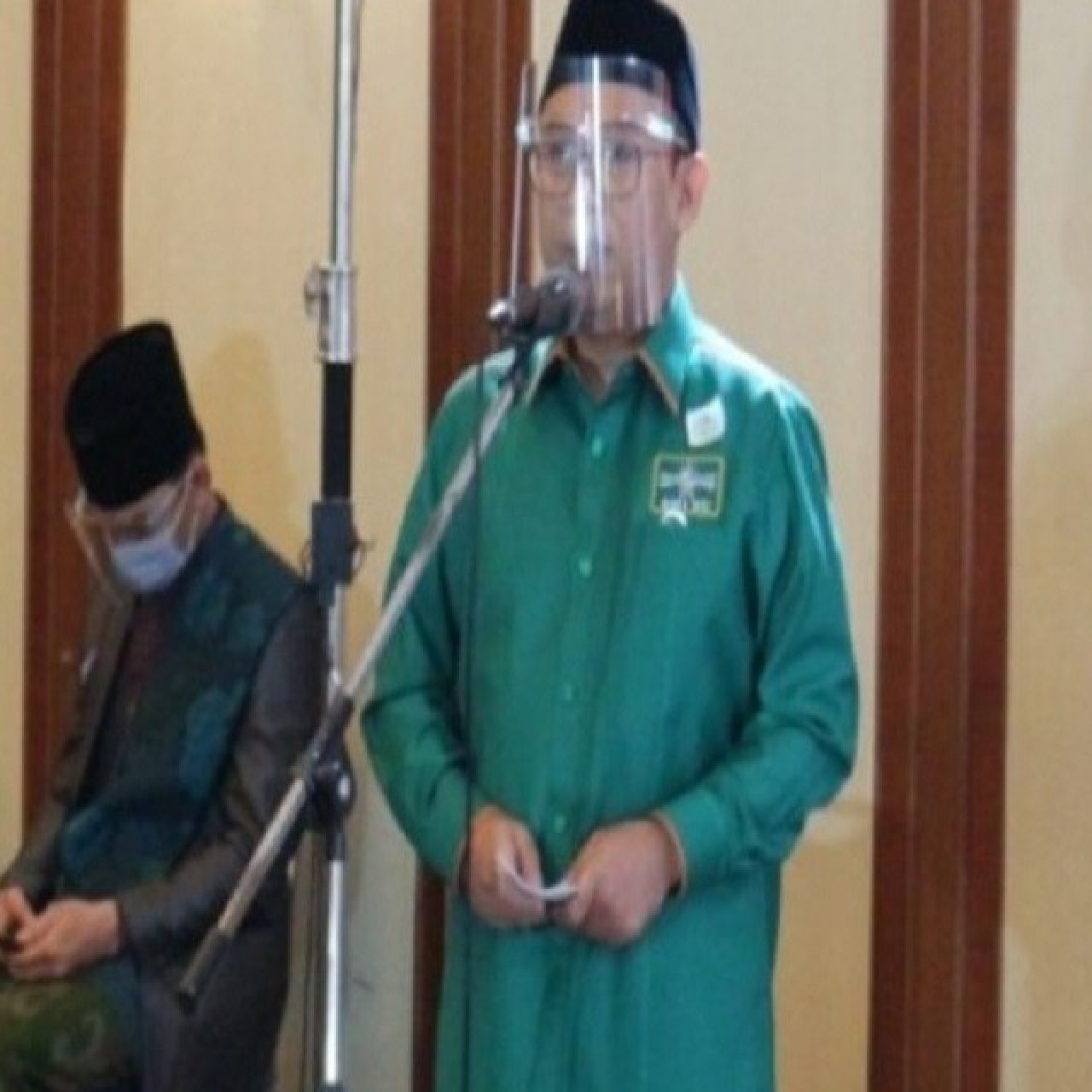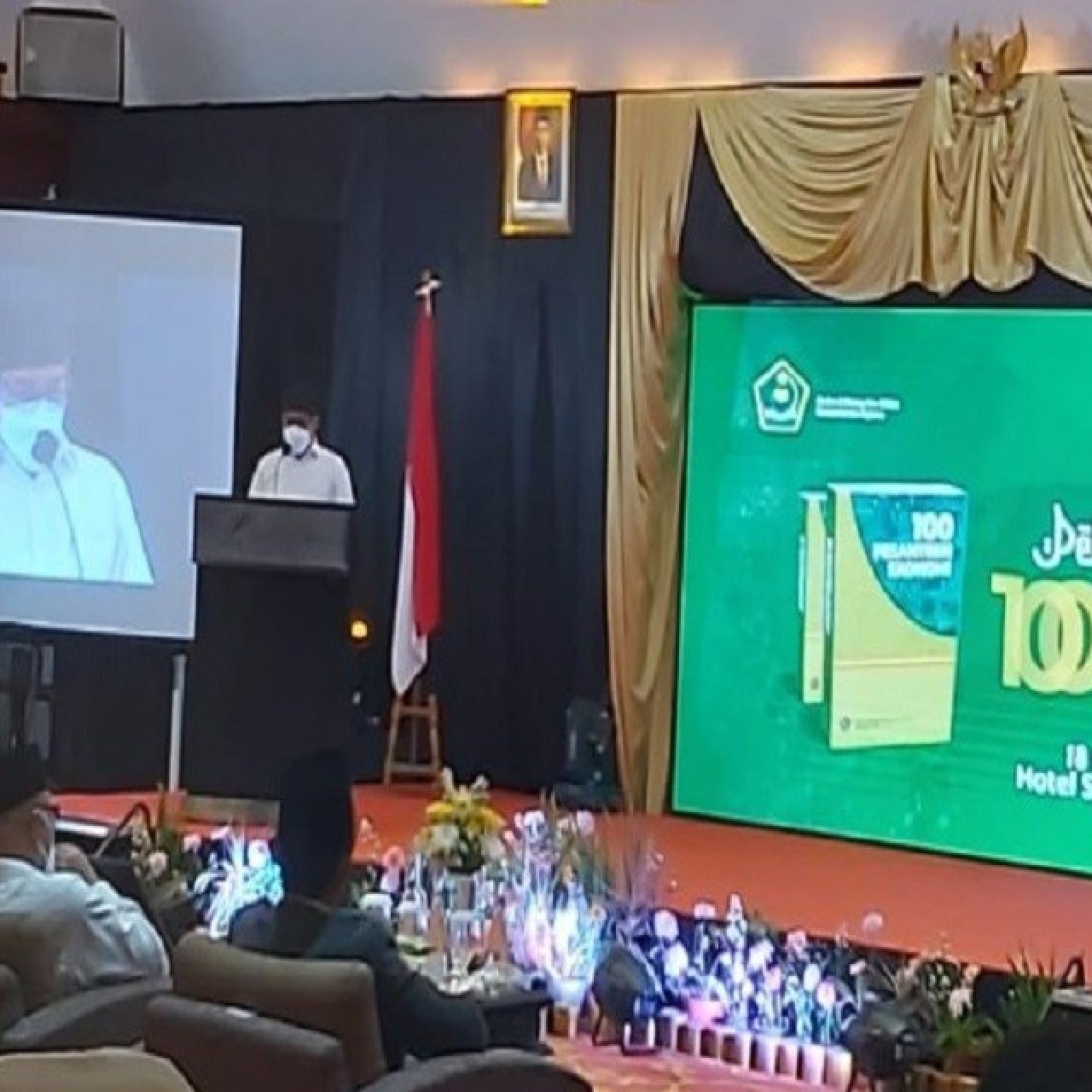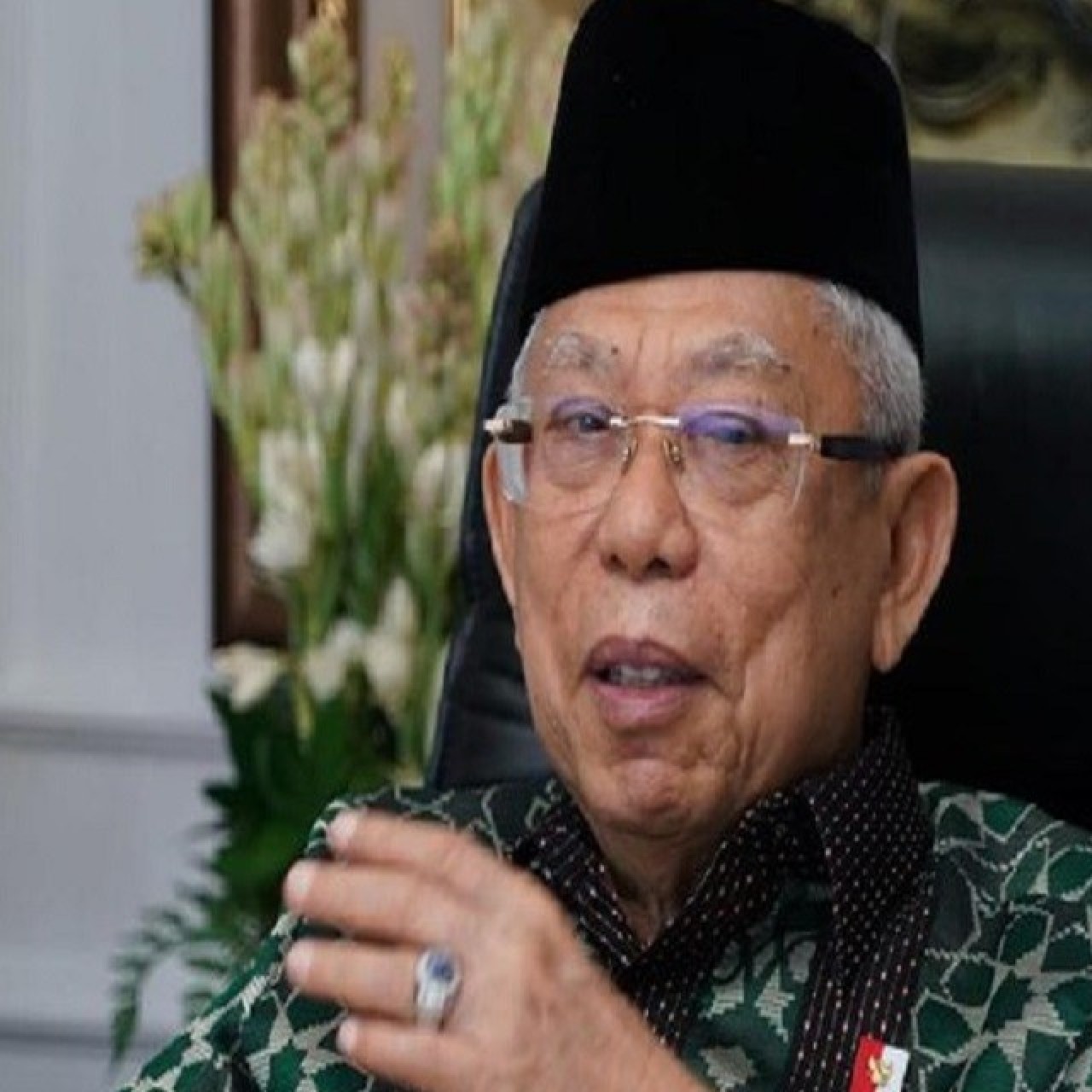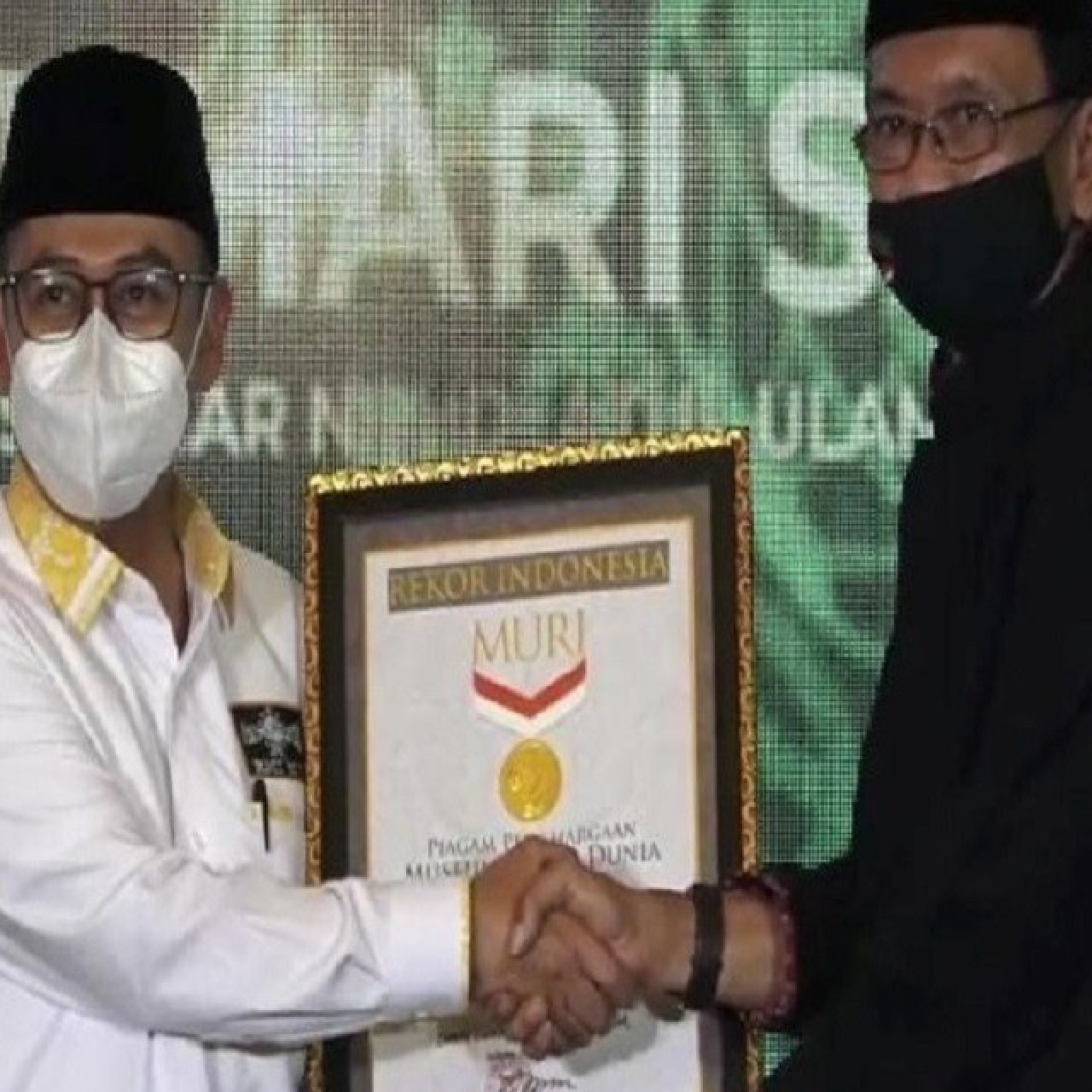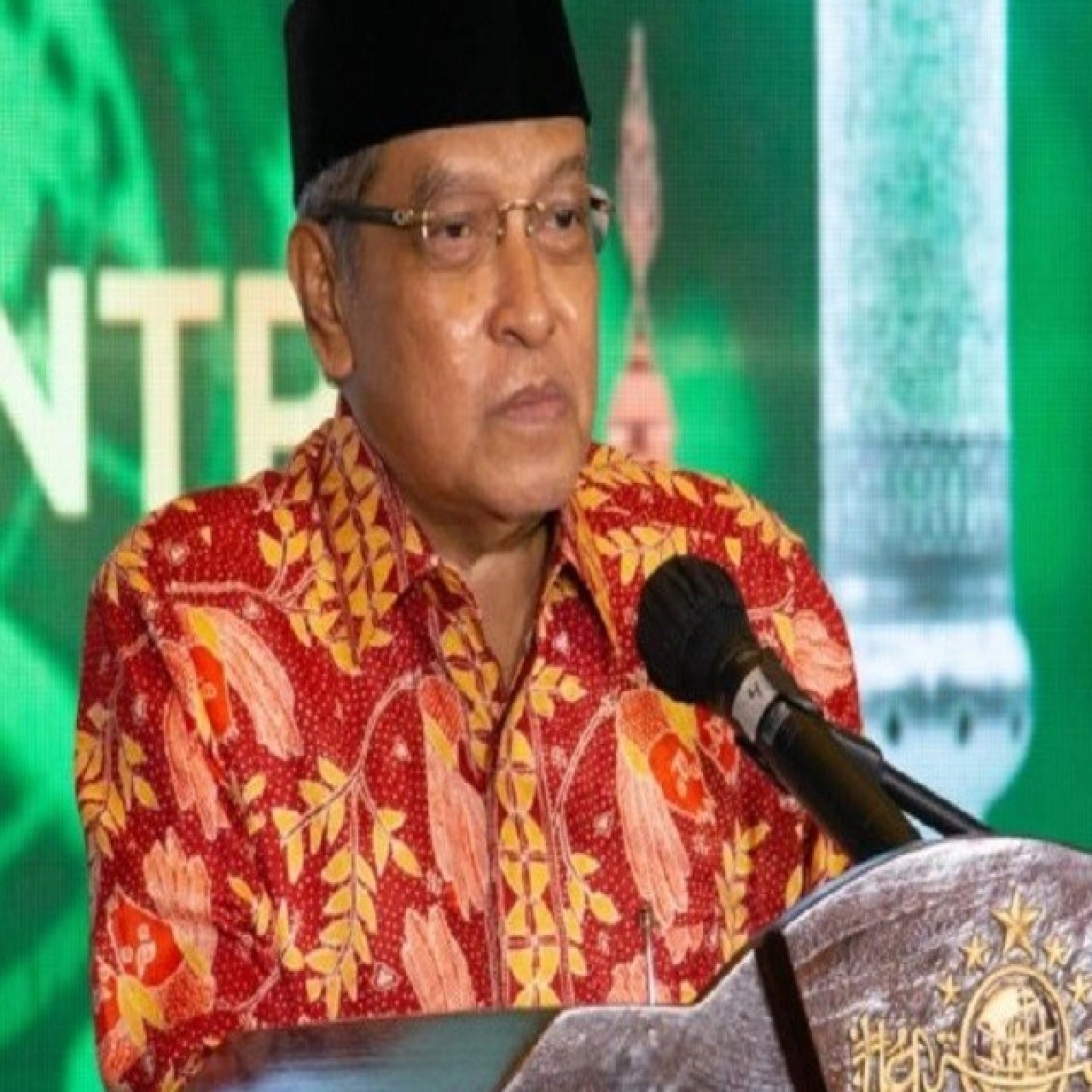Jihad Resolution proves roles of clerics and santri in upholding independence
NU Online · Sabtu, 23 Oktober 2021 | 16:51 WIB
Jakarta, NU Online
The General Chairman of the Central Board of Nahdlatul Ulama (PBNU) KH Said Aqil Siroj (Kiai Said) revealed that the Jihad Resolution was evidence showing the magnitude of the role of santri and clerics (kiai) in upholding the independence of the Unitary State of the Republic of Indonesia (NKRI).
“The Jihad resolution depicts Islam and nationalism as not contradictory. In fact, both cannot be separated," Kiai Said said on the night of the peak of the 2021 National Santri Day at the PBNU headquarters on Friday (22/10/2021).
The Jihad resolution behind the birth of Santri Day, Kiai Said continued, contained the value of nationalism based on Ahlussunnah wal Jamaah, namely the obligation to maintain independence as the only legitimate government.
"An important political and religious decision from the ulama (Muslim scholars) and Islamic boarding schools (pesantren) that made Indonesia stand strong and not fall into the hands of the invaders," said the Cirebon-born cleric.
Meanwhile, Kiai Said also said that the commemoration of Santri Day was a momentum in strengthening national commitment and paying off the promises of the nation's founders that had been addressed to previous students.
Looking at the foundations of Islam in Indonesia which contains the values of openness and tolerance, Kiai Said said that the combination gave birth to the achievements of Indonesian Muslims in the eyes of the world.
"Not only in the success of maintaining the integrity of the state and democracy that has resulted in the harmony of modern democratic practices and Islamic traditions, but also the world's recognition of the creation of religious culture that does not conflict with global life pioneered by santri and ulama," he stressed.
Starting from the initial process of spreading Islam in the archipelago, Kiai Said said that there was no indication of any way of coercion, subjugation, or religious war to abandon the practice of community life at that time which was based on Hindu and Buddhist teachings.
On the other hand, Kiai Said continued, local traditions of Hinduism, Buddhism and Islam actually complemented each other in everyday life. This had given rise to the emergence of a number of new religious understandings and traditions which could therefore be referred to various pre-existing religious traditions.
This open character of Islamization of the archipelago, Kiai Said added, was not only able to avoid violence, but it is also able to open the opportunity to understand Islam comprehensively.
Contributor: Nuriel Shiami Indiraphasa
Editor: Sudarto Murtaufiq
Terpopuler
1
Khutbah Jumat: Maulid Nabi Muhammad dan 5 Tugas Kenabian
2
Khutbah Jumat: Tidak Ada Alasan untuk Tidak Bersyukur atas Kelahiran Rasulullah
3
Peristiwa Pengemudi Ojol Tewas Dilindas Polisi Picu Perlawanan Rakyat Lebih Besar
4
Khilaf dan Kurang Cermat, PBNU Minta Maaf Telah Undang Peter Berkowitz
5
Kapolda Metro Jaya Diteriaki Pembunuh oleh Ojol yang Hadir di Pemakaman Affan Kurniawan
6
PMII Jakarta Timur Tuntut Keadilan Usai Kadernya Tertembak Peluru Karet hingga Tembus Dada
Terkini
Lihat Semua

